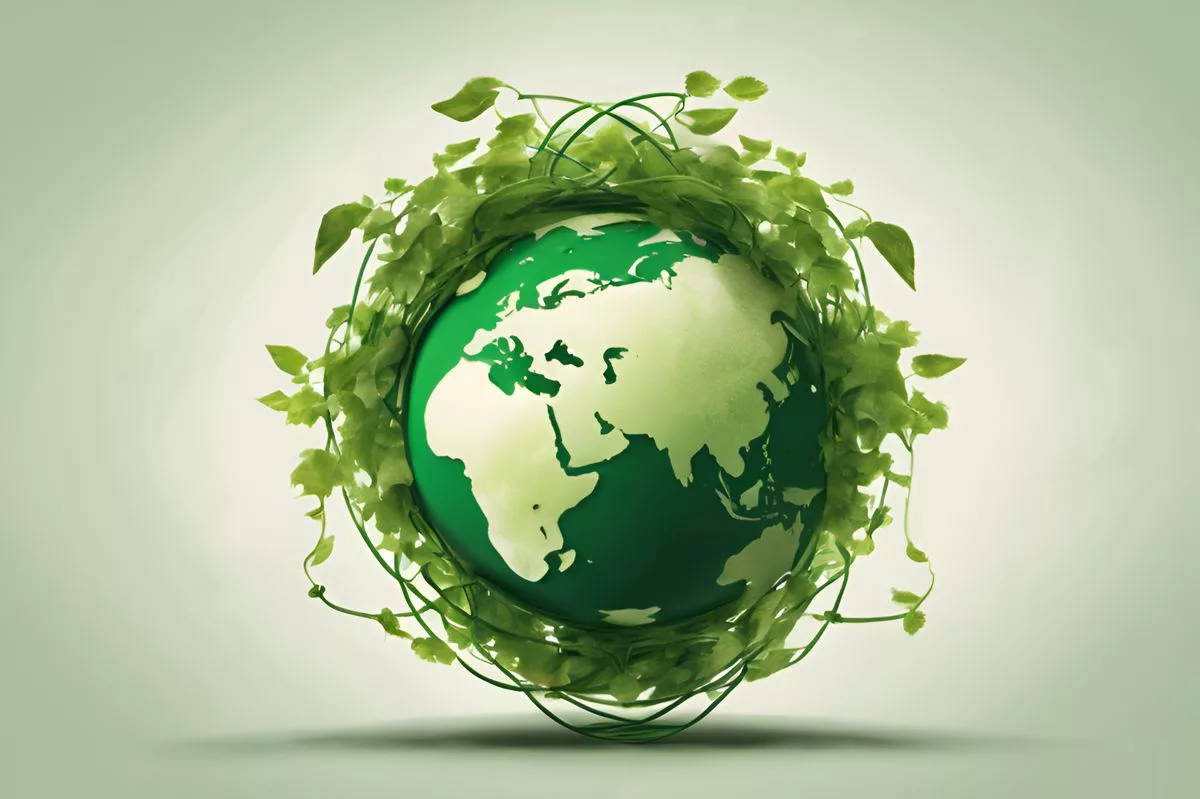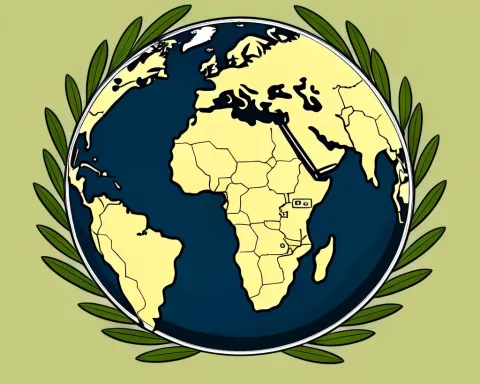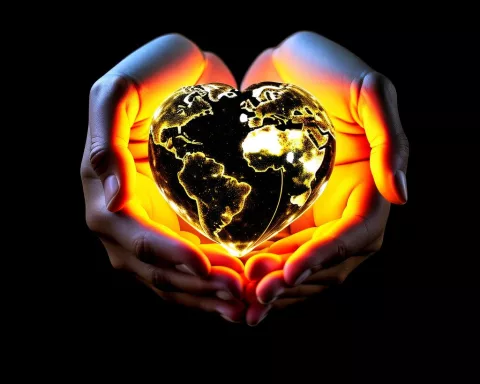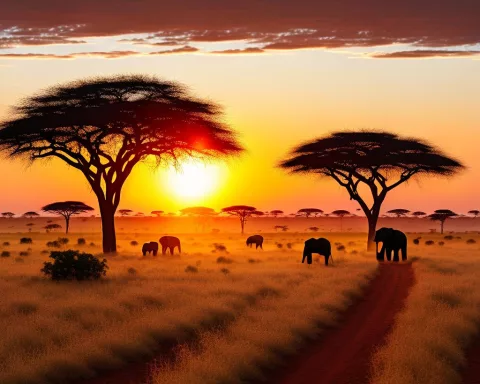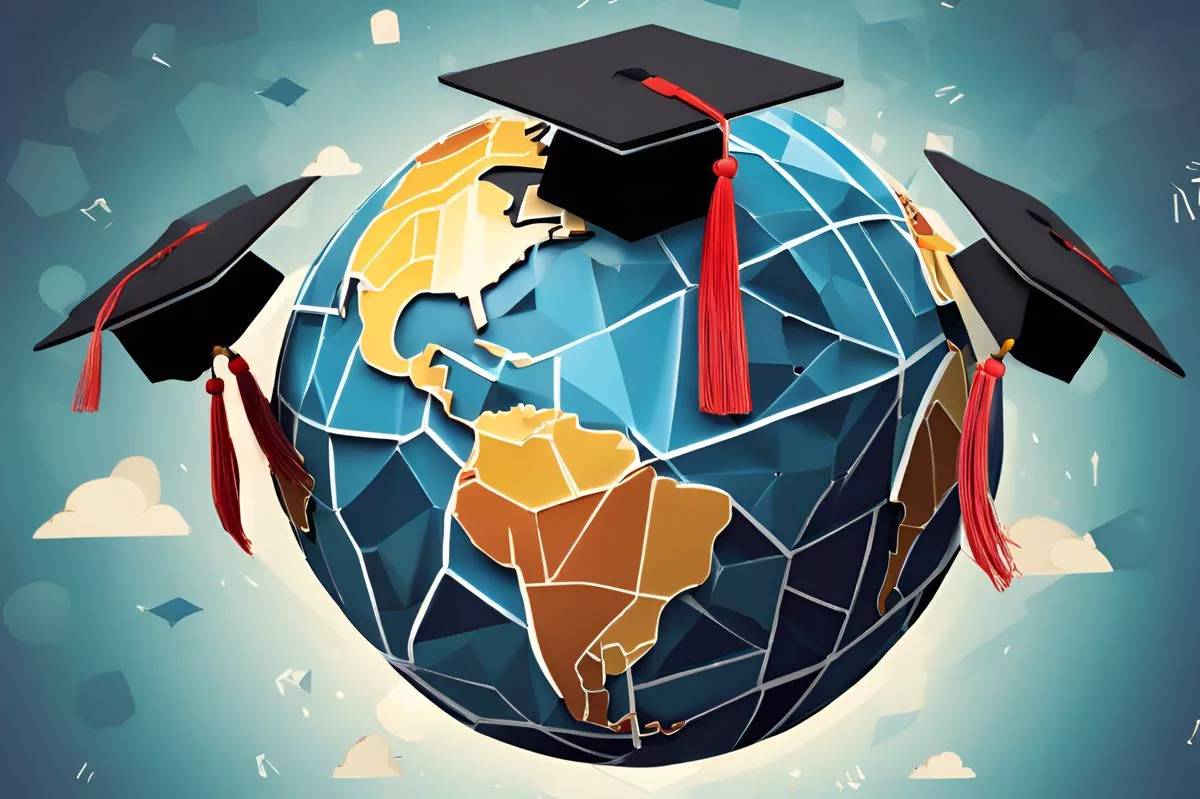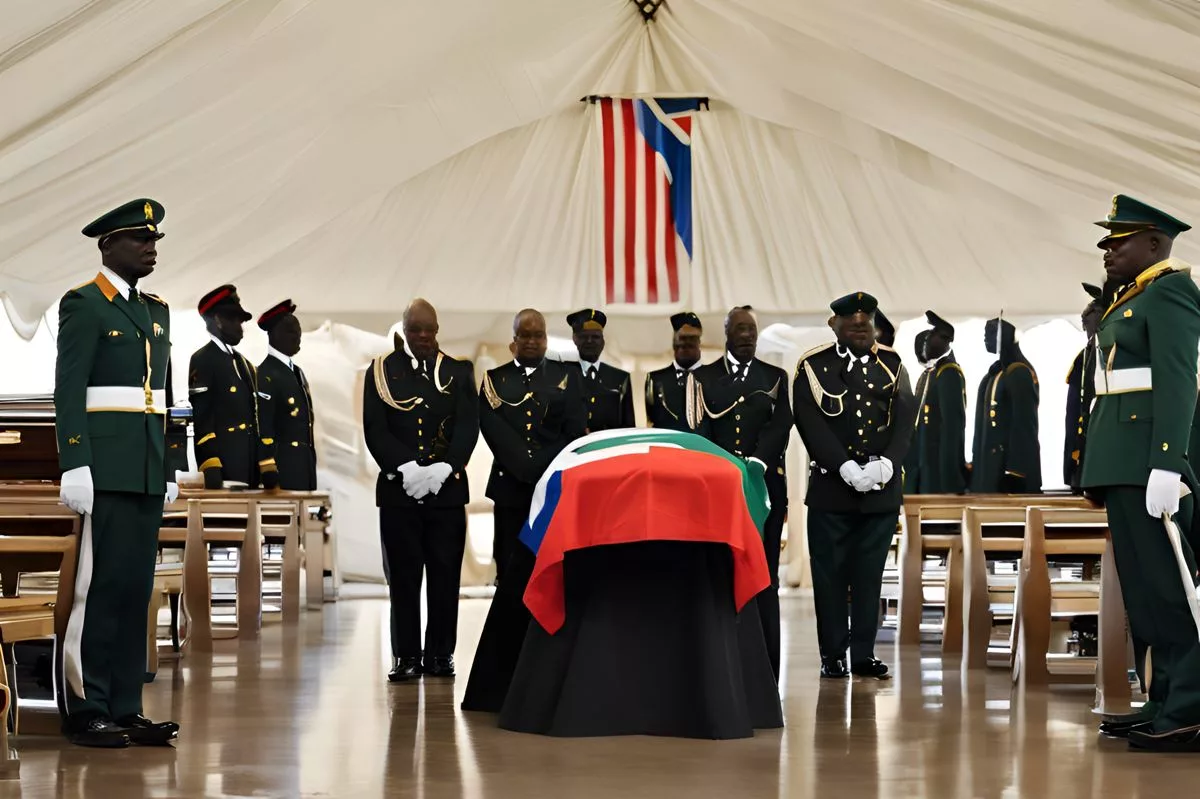President Cyril Ramaphosa dreams of a united and sustainable world where everyone has a chance to thrive. Speaking at the G20 in New York, he emphasized the importance of working together to tackle big problems like inequality and climate change. With his upcoming leadership of the G20, he aims to put Africa at the center of global discussions, pushing for reforms that ensure fairness and support for the most vulnerable. His message is clear: through cooperation and bold action, we can build a better future for all.
What is President Cyril Ramaphosa’s vision for the future?
President Cyril Ramaphosa envisions a united and sustainable future through reforming global governance, prioritizing Africa’s development, and fostering international cooperation. His G20 presidency will focus on solidarity, equality, and actionable solutions to achieve the UN 2030 Agenda for Sustainable Development, addressing pressing global challenges.
In the bustling metropolis of New York, a significant moment in history unfurled. President Cyril Ramaphosa took center stage at the high-level opening session of the G20, delivering a speech that intertwined historical vision with a sense of contemporary urgency. His words resonated with global leaders and diplomats, setting the tone for a discourse aimed at a united and sustainable future.
Acknowledging Leadership and Setting the Stage
President Ramaphosa commenced his address with a nod to Brazil. “Allow me to begin by expressing my appreciation to Brazil,” he said, acknowledging the impactful leadership of President Luiz Inácio Lula da Silva in guiding the G20. This acknowledgment wasn’t a mere formality but a recognition of Brazil’s adept handling of global diplomacy, reflecting the innovative spirit often seen in transformative movements in history.
The backdrop of his speech was the recent Summit of the Future, where leaders adopted the “Pact for the Future.” This ambitious plan aims to establish a global order rooted in sustainability, justice, and peace. President Ramaphosa’s words painted a vision reminiscent of Renaissance artists who meticulously crafted ideal worlds through their art. The “Pact for the Future” stands as a testament to our shared human aspiration for a harmonious existence.
Confronting Global Fragilities
In addressing United Nations Secretary-General António Guterres, President Ramaphosa acknowledged the pressing issues threatening the global order. He highlighted the “fragilities that fray at the seams of our global order,” painting a vivid picture of a world plagued by impunity, inequality, and uncertainty. Despite these challenges, his tone remained optimistic, much like the Enlightenment thinkers who believed in reason’s power to overcome adversity. President Ramaphosa’s message was clear: while daunting, these challenges are surmountable with collective effort.
The President emphasized the crucial role of the United Nations as the cornerstone of multilateralism. He called for its modernization to ensure it remains effective and inclusive, addressing current geopolitical realities. This call for reform echoed the transformative zeal of the Industrial Revolution, underscoring the necessity for institutions to evolve in response to changing times. The G20’s “Call to Action on Global Governance Reform” advocates for a more representative and inclusive structure, aligning with these historical imperatives.
Reinvigorating Global Governance
Reinvigorating multilateralism and reforming global governance institutions is a priority for South Africa. President Ramaphosa underscored this commitment, noting the symbolic significance of the current G20 troika—all from the Global South. This shift towards more inclusive representation parallels the post-colonial movements in art and literature, where marginalized voices began to reclaim and reshape narratives.
A key focus of President Ramaphosa’s address was the urgent need to reform the global financial architecture. He called for bold and decisive actions to create a stable and inclusive international financial system. This appeal mirrors the critical economic reforms during the Great Depression, which were essential for global stability. The goal is to uplift the most vulnerable, addressing deepening inequality and chronic underdevelopment.
South Africa’s concerns about the sluggish progress in reforming the Multilateral Trading System were also evident. Despite some progress at the WTO’s Ministerial Council 13, significant work remains. The aim is to ensure global trade is development-focused and sensitive to climate change imperatives, echoing the environmental movements of the late 20th century that sought a balance between economic progress and ecological sustainability.
Vision for the G20 Presidency
Looking ahead to South Africa’s G20 Presidency from December 2024 to November 2025, President Ramaphosa laid out a vision centered around “Solidarity, Equality, and Sustainable Development.” This theme aims to mobilize global efforts towards practical solutions for international challenges. Much like the collaborative spirit of the Dada movement, this vision calls for a united front to tackle global issues.
Accelerating progress towards the UN 2030 Agenda for Sustainable Development was another critical point in President Ramaphosa’s address. The current statistics are alarming: only 12% of SDG targets are on track, progress on 50% remains weak, and over 30% of the goals have either stalled or regressed. This scenario demands a paradigm shift, akin to transformative movements in history that redefined societal norms and aspirations.
Prioritizing Africa’s Development
A significant aspect of South Africa’s G20 Presidency will be prioritizing Africa’s developmental needs. A prosperous, developed, and stable Africa aligns with South Africa’s foreign policy and the African Union’s Agenda 2063: “The Africa We Want.” This vision draws inspiration from the Pan-African movement, which emphasized unity and development across the continent. Including the African Union as a G20 member strengthens this commitment, highlighting the importance of Africa’s role in global discussions.
As South Africa prepares to take the helm, it aims to build on the efforts and successes of previous G20 Presidencies, such as those of Indonesia, India, and Brazil. This continuity ensures that the momentum towards addressing global challenges remains unbroken. It’s reminiscent of successive artistic movements building upon each other, creating a rich tapestry of cultural progress.
A Call to Action
With less than six years remaining to achieve the UN Agenda for Sustainable Development, humanity stands at a critical juncture. President Ramaphosa’s call to action resonates with the urgency felt during pivotal moments in history. The imperative for sustainable development has never been more crucial. His address serves as a clarion call for collective action, invoking the spirit of international cooperation and mutual support.
The G20 plays a pivotal role in promoting social progress and better living standards, in line with the aspirations of the UN Charter. By strengthening and reforming multilateral mechanisms and institutions and deepening international economic cooperation, the vision of a world free from inequality and underdevelopment becomes attainable. This vision aligns with the ethos of various global movements striving for a fairer, more equitable world.
In conclusion, President Cyril Ramaphosa’s address at the G20 high-level opening session is a profound reminder of the power of unity, vision, and action. His words, rich with historical and contemporary references, call for a world where solidarity, equality, and sustainable development are not mere ideals but lived realities.
FAQ on President Cyril Ramaphosa’s Vision for a United and Sustainable Future
What is President Cyril Ramaphosa’s vision for the future?
President Cyril Ramaphosa envisions a united and sustainable world that prioritizes reforming global governance, enhancing Africa’s development, and fostering international cooperation. His leadership during the G20 will focus on solidarity, equality, and practical solutions aimed at achieving the UN 2030 Agenda for Sustainable Development.
How does President Ramaphosa plan to address global challenges?
In his address at the G20, President Ramaphosa emphasized the importance of collective action to tackle pressing global challenges such as inequality and climate change. He advocates for modernizing the United Nations to ensure it effectively addresses contemporary geopolitical realities and encourages reforms in global governance institutions to be more inclusive and representative.
What are the key themes of South Africa’s G20 Presidency?
During South Africa’s G20 Presidency from December 2024 to November 2025, President Ramaphosa will focus on the themes of “Solidarity, Equality, and Sustainable Development.” These themes aim to mobilize global efforts towards actionable solutions for international challenges and emphasize the need for collaboration and unity among nations.
How will African development be prioritized during the G20 Presidency?
A significant aspect of South Africa’s G20 Presidency will be to prioritize Africa’s developmental needs and align with the African Union’s Agenda 2063. By including the African Union as a G20 member, President Ramaphosa aims to ensure Africa’s voice is central in global discussions, reinforcing the commitment to a prosperous and stable continent.
What are the pressing statistics related to the UN 2030 Agenda for Sustainable Development?
President Ramaphosa highlighted alarming statistics regarding the UN 2030 Agenda: only 12% of Sustainable Development Goal (SDG) targets are currently on track, while progress on 50% remains weak. Over 30% of the goals have either stalled or regressed, stressing the urgent need for a paradigm shift towards achieving these goals.
What is the overall message of President Ramaphosa’s address at the G20?
President Ramaphosa’s address at the G20 serves as a clarion call for collective action and international cooperation to build a world free from inequality and underdevelopment. His vision underscores the importance of unity, solidifying the belief that through cooperation and bold action, a better future for all is attainable.

